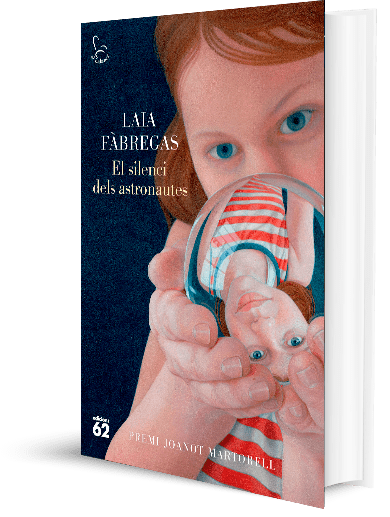
The method of the intuitive writer
As I explained here, we could say that there are two types of writer: the intuitive writer and the rational one. These two roles are actually just a theoretical model that simplifies reality. We would thus, ideally, have these two model writers which are located at two opposite ends of a line, working in opposite ways, and never moving from their end of the line. And then there would also be several million dots that make up this line from one end to the other, and each of them would represent a possible writer. Some writers are comfortable on the one end, others feel better on the other end. Some of them are sometimes more rational and other times more intuitive. Some begin intuitively and then work rationally.
The process of the rational writer is described in innumerable writing manuals, whereas the intuitive one is poorly or never described. Today I will make an attempt to describe it. A difficult mission, because the intuitive way of writing is impossible to translate into a method.
For starters, the intuitive writer does not think his story, he just writes it. To start writing, he just needs a spark, a vague idea, a sentence, a feeling, an intuition. Something very difficult to define, then. He begins to write because, as he writes, his creativity is at its best. While writing, he creates connections and will find stories that fit with that first spark that had prompted him to start writing in the first place.
An intuitive writer can write pages and pages and pages of a novel without an (apparent) direction, not yet knowing why he writes that story and not another one.
Although I’m sure there are a few intuitive writers who never stop to evaluate what they have written –because the whole story comes out of them as an orderly and editable wave–, I think most intuitive writers need at some point in the process to recapitulate, to read all the writing they have, and to make decisions about what course is best suited for the story.
Because writing without thinking can lead to plenty of possible plots, primary and secondary storylines, and the same act of writing can be reinforcing some of them over the other ones. But there will always be a moment when the intuitive writer should calmly read all he has written in order to discern which storylines have taken more prominence and what he should leave behind, delete, reserve for other stories, because in the current project they only make the story divert to too remote places, too far from the main theme which begins to define itself.
It is the most difficult moment of the intuitive writer: he has to stop pouring words disorderly in order to sort all what he has already written.
He then reads, rereads and expects that each reading will give him new ideas to finally find a way to close the circle, a way to arrange all he has written so that what remains at the end will only serve one purpose: to tell a story that works from start to finish.
And when he finds this final point, then he may need to rethink the whole story again. By the time he realizes the theme, the reason, the central idea, or the final outcome of the story, he has to check whether all the storylines, all the characters, all the thoughts he has written effectively aim at that final point. And that means alter, delete and rewrite anything that is not in the service of that final point.
This would be a way to explain the intuitive process of writing.
It doesn’t mean that learning writers must write this way, or that –if the first thing that falls into their hands is an article or a manual that covers only the rational writer– they must do it the rational way. The thing is that learning writers should find out for themselves what their method is, they should discover their own way to find a story: by thinking upfront or by writing upfront.
And a couple of final notes:
Being intuitive or rational while writing has nothing to do with being or not being methodical or rational in other aspects of our lives. I am known by family, friends and co-workers to be highly methodical (rational) when working on -for example- the administration of the writing school Laboratori de Lletres, and at the same time I am totally intuitive when writing.
Being intuitive or rational while writing has also nothing to do with discipline. Intuitive writers also need a strict discipline while working, in order to be able to transform that first spark into a publishable novel. Discipline does not root in the orderliness, in the planning, but in the ability to work, in the daily hours dedicated, either by writing outlines and synopses or by writing two thousand words without knowing whether these two thousand words will survive until the final version of the book or they will only serve to get to a better idea and will finally -during a later revision- end up in the trash.
HOW TO READ THIS BLOG
As I wrote on the post Why, this blog deals with two very different topics: writing and miscarriages. If you are interested in both subjects, you can read post after post. If you just want to read about one of them, I recommend you choose the appropriate category to filter only the posts of the topic you want.
Writing: 'Writing'
Pregnancy loss: 'Queralt'
Ciudad de Gandia

Els premis es lliuraran el 18 de novembre i les obres premiades seran publicades per Edicions 64
Joanot Martorell 2023
